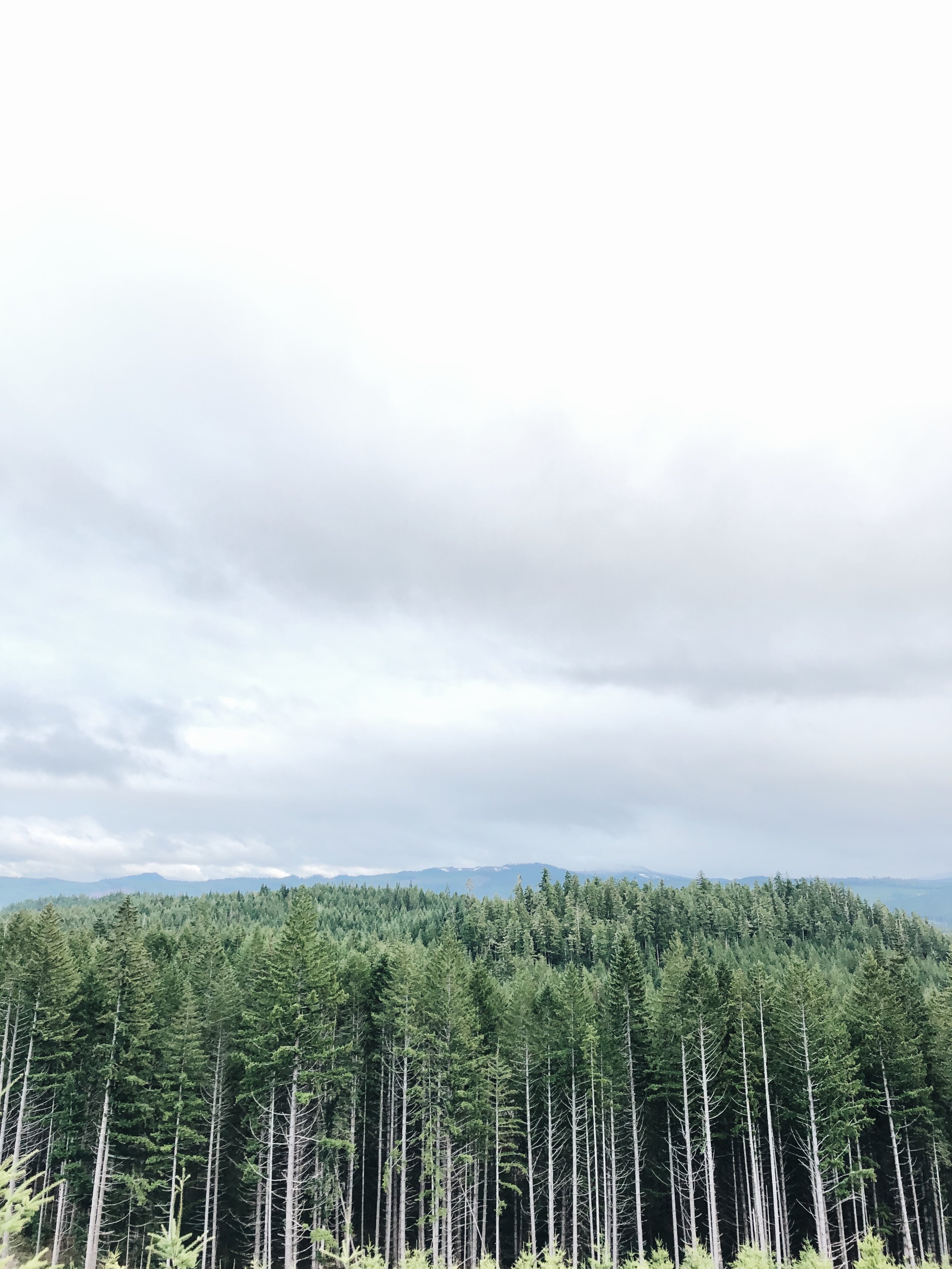When I thought you weren’t looking, I took this life into the two hands you fitted for praise and ran with it. Not with my hands—instead, when I thought you weren’t looking I ran with my feet, made to go straight, and I rounded corners of my own invention. Not my own—I think many people before me must have heard you weren’t looking and they made these corners, rough edges, mazes for mankind that would follow, to follow. I followed.
I took my life and the hands and the feet and ran to places hidden from your sight, when I thought you weren’t looking but I still needed to hide. I did things you didn’t know about, couldn’t know about. You didn’t tell me otherwise, when you were silent. I ran to dark places and closed blue eyes so tightly, little specks of light danced in them. I opened to darkness and closed again to flecks and specks, filaments of spark. You didn’t say anything. You didn’t do anything. You were silent and I kept on, more light in eyes shut tight than in the dark corners where you were not.
When I thought you couldn’t see I hid things from you, though you weren’t looking and wouldn’t look. The old watchmaker, ticking time but not watching it, not seeing minutiae, not noticing the seconds. Do you only see big pictures? Does your hand only wave across a broad expanse of sky and never become small enough to open the tiny lids of eyes of creatures of your long ago creating? Do you see only the firsts, the biggests, the loudests?
Do seconds even count?
When I thought you weren’t listening I said things about you to people who were. People who listened, heard. I said you were too big, too far, too grand, and I said it in reverence as if it was honoring to you to speak that way; but really, you weren’t listening anyway. Honor doesn’t fall on deaf ears but to the ground, hollow world, empty meaning. Who is honored by distance but the wild and ferocious and untamed? You weren’t listening because you were too big and far and grand; maybe I was the only one who heard.
You are hidden best in the most obvious places. Are you laughing, while I stumble?
When I thought you were listening I asked you for things, numerous things, and I listed them neatly with checkboxes for the day you would answer, because now I had faith and therefore, now you were listening; or vice versa. Was that funny—all those checkboxed lists documenting your attention? I could keep track. I could see how you were seeing and what mattered to you in those lists.
On one day when I thought you might be listening—when my kids were listening—I asked you for the wild and ferocious and untamed, that we might see them. As quickly as I asked a God whom I hoped was listening, my kids asked if you really were. Were you listening? Would we see?
Did you laugh?
When you saw my children check my faith, when you were listening to words that tried too hard to be bold and I squinted blue eyes to see what I hoped was seeable—I wonder what you thought. I think you did laugh, because a mama bear transfigured right out of the woods (and this is no metaphor), right into the road, right into my spoken half-faith in a God who maybe hears, maybe sees, maybe cares about the smallest seconds. You laughed, and two cubs climbed a Douglas Fir tree not fifteen feet from our vehicle so those kids in the backseat could get a better look at you, laughing.
When something is really funny I throw my head back, cackling through teeth too big for my head. I am in your image; is this how you laugh? Or are you reduced to tears by witty puns and plays on words, like I am? Are you like me? (You’re laughing now, I know it.) Words are funny. Eyes can play tricks, too. All this is laughable, right?
All the firsts on my list became seconds behind a mother showing her children the way: to faith; to make God laugh; to be accidentally funny in a comedy of errors. “A story is good when you continue to see more and more in it, and when it continues to escape you,” said Flannery O’Connor. I see you, and you escape me continually.
Let’s laugh together now at how far I’ve come, shall we? Let’s laugh at how I thought you didn’t see couldn’t hear and maybe didn’t care. I am second. Or last. And still you see small enough to notice the inconsequential and I think you do laugh when that parking spot opens up and I say praise the Lord! to no one in particular and then I think—was that you?
It’s all funny now—how I used to think about you. My former self is always hilarious, post-punchline. But I wonder what jokes I’m missing now?
Are you laughing?

